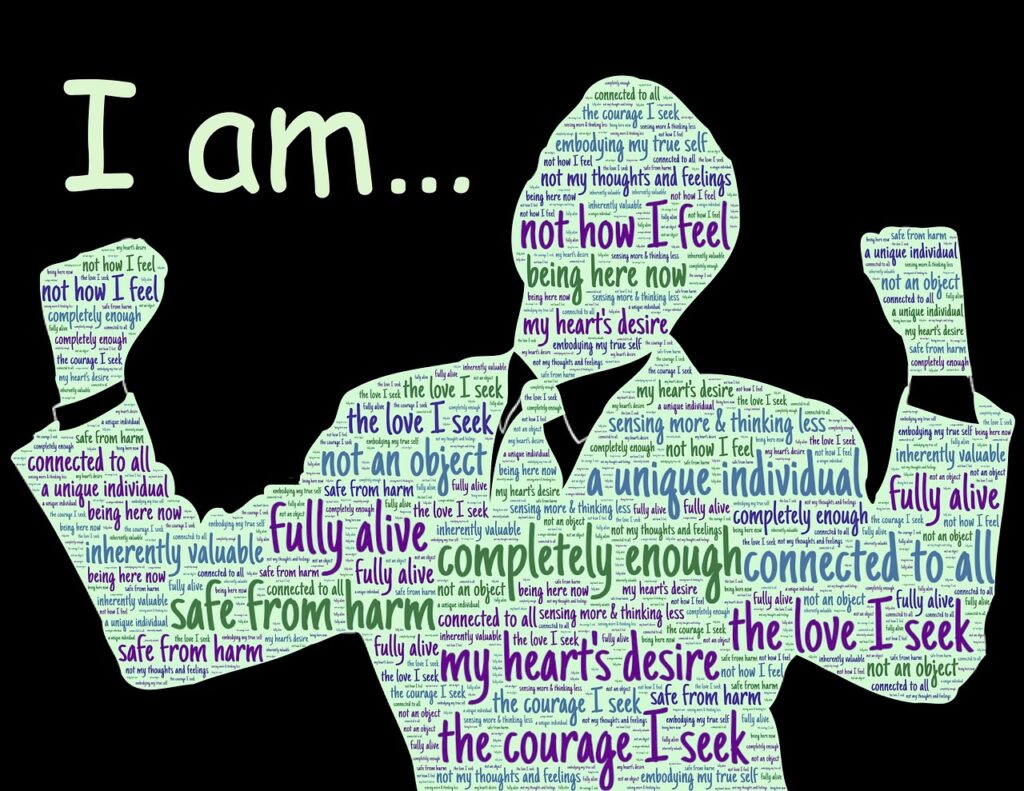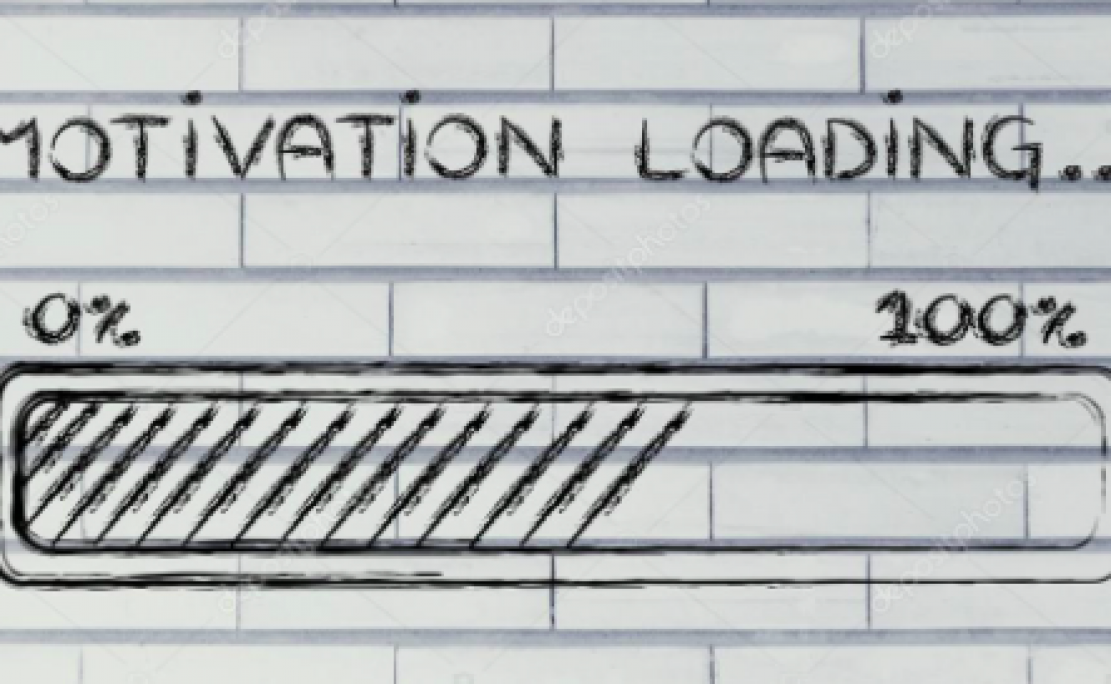We are at the end of the school year and this one has been a doozy! If this school year taught us anything, it is that schools serve a major role in our communities besides just places where students receive academic training. At school educators are second parents, therapists, family support systems, places of personal development and growth, and a community resource for support. It goes without saying that the 2020-2021 school year has been one of the most challenging school years in the history of education and as educators attempt to be all things to all people, we are all tired! The students are tired, Teachers are tired, Parents are tired, every onsite educator (anyone who truly works in a school) is tired! To say that we may lack the motivation to cross the finish line may be an understatement. So how do we stay motivated and encourage our scholars to stay motivated?
Here are 3 motivational strategies to practice all year round and in life:

- Know Thyself: This is knowing your why and supporting your students in knowing their personal why. Why do we come to school everyday and what does it all mean for me, why is this important to me? Knowing why we are doing what we are doing is motivating because it gives our work meaning and purpose.
For students, support them in understanding who they are as learners. They should be clear on what their strengths and weaknesses are and how it shows up in class and in their daily interactions. This way students can take ownership of their learning and continue to develop as unique human beings.
For educators, similar to the ways in which we support our scholars, you should be clear on what your strengths and weaknesses are and how they show up in your work. If you know that you have a tendency to procrastinate with lesson planning, break lesson planning into small chunks throughout the week. If you know that you absolutely love getting into philosophical discussion about the class content, plan questions into your lessons that will allow you to stay on track and allow scholars to do the heavy lifting. If you know that you have a tendency to be a people pleaser, write down all the things you are being asked to do, identify which ones are aligned to your goals and say no to everything else.

- Practice Daily Reflection: The power of reflection as a motivating force is that it allows us to look back on whether or not we lived the life we desired. It helps us get clear on what we want to experience and how our experiences impact us. It allows us to live a life of our design and choosing and to have a life that is meaningful and intentional.
For students there should be a portion of every lesson that allows scholars to reflect on the day’s learning. Have students reflect and answer the following questions:
- What have they learned from today’s lesson?
- What personal connections have they made to the content?
- Do they understand the concepts learned in class? Identify what they know vs. what they don’t know
For educators at the end of every day take 15 min. To ask yourself:
- To think about what went well and what didn’t go so well.
- Why did things work out the way they did?
- Did you achieve what you wanted to achieve and what can you do differently tomorrow?

- Define Success: Identify what it means to be successful for the day. This is motivating because if we don’t define success we don’t know where we are going and we have an innate negativity bias that will cause us to focus on everything that is wrong vs. everything that could and did go well. As humans we have a tendency to be very self critical and hard on ourselves. We focus on all the negatives, making it all about the ways we have fallen short, what we did not do and how we have failed to meet our or others expectations.
Defining success moves us towards the positives and allows us to determine for ourselves what this looks like. This doesn’t have to be some big win either. It’s really in the small day to day things that allow us to feel joy and feel accomplished. Defining success allows you to feel motivated each day because you are clear about where you’re going and what you want to experience. It allows you to know and act on what will allow you to be happy.
One of the ways we can define success is to: Set Small Attainable Goals: For students, have them set a goal at the start of each lesson about what they want to accomplish during a lesson. This could range from personal goals: not asking to go to the bathroom during the 1st 5 minutes of class, setting up their space so that they can work effectively to academic goals: completing the 1st 3 math problems independently, jotting down every-time they come across something in the lesson that’s confusing and asking at least two questions in class, etc…
For educators: Set personal and professional goals and never set more than 3. It’s easy to create a large to-do list which sets us up for feelings of inadequacy and failure when we are unable to accomplish all of the things on the list. But rather set yourself up for success by creating a list that’s a brain dump of all the things you need to get done, then prioritize the things on the list and pull from the list throughout the week to ensure a steady progression towards achieving your goals. This could be grading papers for the 1st half of a prep period, taking a 15 min. break to enjoy a cup of coffee, take a walk during the day, leaving school on-time, or planning all of your guided questions for a lesson. The key here is to make the task something you can achieve, align it to your why, and achieve balance by setting two professional goals to 1 personal or 2 personal to 1 professional goal but never more than 3 per day. Last note on this point is to do the most challenging task 1st. This way you get the things that you don’t like out of the way, defeat the procrastination monster before it has a chance to bog you down in distractions, you build your adversity muscle in small manageable chunks, and you build momentum to accomplish easier tasks when something you don’t enjoy or that is challenging is knocked out early leaving a feeling of success to build on.
Whether it be to make it through the most challenging school year ever, to ward off senioritis, to provide focus throughout the school year, or just to ensure a little pep in everyone’s steps, the strategies above can support in developing the intrinsic motivation needed to succeed in school, at work, and in life in general.



8 thoughts on “Building Motivation”
Fantastic reminders! I try to always include reflections on the day’s lessons. It helps the lesson stick, for sure. It also helps me understand if the students understood what I intended them to understand. The idea of reflection is important for teachers, too. So many times, we write of professional development days. I think if we asked ourselves to write down even one takeaway from the day, we’d understand that we can always learn and grow.
Hello Deborah,
Thanks for stopping by. I strongly believe that teacher reflection on the day and the days lessons are equally as powerful as scholar reflection on the content they are learning as well.Reflection is such a powerful tool all around.
Truly wonderful! Great reminder points to help in life all around. Reminding myself of why I do something is very important. If my ‘why’ is not big enough then I find that the motivation to continue with the task is somewhat challenging. I am trying to remind myself to acknowledge the small successes and not only wait for something ‘big’. Thank you for this post.
Hello Stacey,
Thanks for stopping by. I’m glad the tips were relevant. Realigning with my why, definitely helps me in those moments when I’m feeling a bit burned out. And I agree that we have to celebrate not just the big wins, but the small micro-moments as well.
Great post. Very useful tips for both students and teachers. Thanks for sharing
Hello Mandy,
Thanks for stopping by. I’m glad the tips were useful.
Great advice! I’m not a traditional educator in a classroom, but as a fitness instructor trying to help motivate my class and clients, I think the advice you give can be applied to other areas and populations as well.
Hello Robynn,
Awesome, I’m glad that the tips help in your specific field as well.